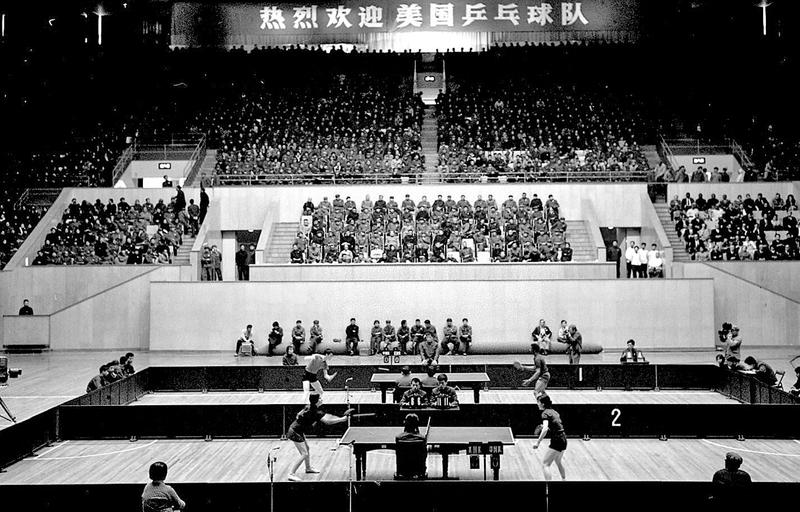
David Shambaugh, Gaston Sigur Professor and Director of China Policy Program at George Washington University, Distinguished Visiting Fellow at Hoover Institution of Stanford University
Feb 22, 2023
The potential transfers of lethal military materiel from China to Russia is a deeply concerning possibility. If it were to occur, there would be fierce reactions from the United States and Europe—and China’s relations with both would further deteriorate. There would also be global consequences, as the world might bifurcate into two competing blocs and a new global Cold War may begin.

Da Wei, Director of Center for International Strategy and Security; Professor at Tsinghua University
Feb 14, 2023
It’s not in China’s best interests to be trapped in a bilateral tit-for-tat with the United States. We can do better by reaching out constructively to other developed countries. We will win the contest if we can do this.
Philip Cunningham, Independent Scholar
Jan 19, 2023
Qin Gang just left his position as Beijing’s top envoy to the U.S., as he has been named China’s new Foreign Minister. As his role changes, there’s no better time to reflect on his tenure in the U.S., his commitment to bettering the China-U.S. relationship, and his, at times, easygoing engagement with the American public.
Doug Bandow, Senior Fellow, Cato Institute
Jan 19, 2023
America and China have no choice but to engage each other and the nature of their future relationship might be uncertain and even difficult, but will inevitably be close. But while recent diplomatic and leadership moves have indicated that Xi Jinping wants to improve relations with Washington, skeptics warn against believing that the policy of the PRC has changed fundamentally.
Jan 13, 2023
Stephen Roach has long been one of Wall Street’s most influential economists. His work has appeared in academic journals, books, congressional testimony a
Doug Bandow, Senior Fellow, Cato Institute
Jan 11, 2023
The thought of full-blown war with China has become mainstream in the aftermath of Russia’s Ukraine invasion. A potent mix of simmering animosity and economic concerns have created a heated climate that both sides need to take a step back from before the U.S. or China falls victim to the intoxicating pull of escalation.
Jan 05, 2023
On January 4, 2023, Ambassador Qin Gang, Minister of Foreign Affairs of China, published an article on The Washington Post. The following is the full text as posted on the website of the Chinese Embassy in the United States. On Dec 31, 2022, Qin, 56, was appointed the new foreign minister, replacing Wang Yi. Qin was named China's ambassador to the U.S. in 2021.

Brian Wong, Assistant Professor in Philosophy and Fellow at Centre on Contemporary China and the World, HKU and Rhodes Scholar
Dec 29, 2022
The ability authors, musicians, and filmmakers have to tell stories can transcend geopolitics, but the current state of U.S.-China affairs offers almost nothing in terms of a meeting ground for the creatives of either side to exchange ideas. Repairing the cross-Pacific relationship will only get harder if big thinkers and storytellers cannot find a way to communicate.

Li Yan, Director of President's Office, China Institutes of Contemporary International Relations
Dec 28, 2022
A review of China-U.S. relations in 2022 shows a shift toward a new duality in American strategic thinking that may dominate for a long time. Communication between national leaders has brought new hope for stability, but now the world is watching to see if their points of agreement can be put into practice.
Zainab Zaheer, Development Consultant
Dec 17, 2022
The historic meeting between Joe Biden and Xi Jinping was short on resolutions, but gave promise for those hoping for a toned down approach to the bilateral tensions that have plagued the two nations since the middle of the 2010s.
Back to Top

- China-US Focus builds trust and understanding between the U.S. and China through open dialogue among thought leaders.
- Our Offerings
- Topics
- Videos
- Podcasts
- Columnists
- Research Reports
- Focus Digest
- Stay Connected
-
Thanks for signing up!
- Get the latest stories from China-US Focus weekly.